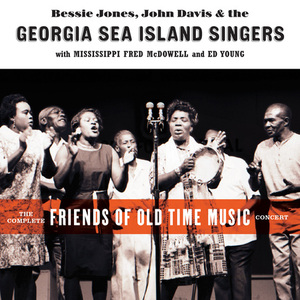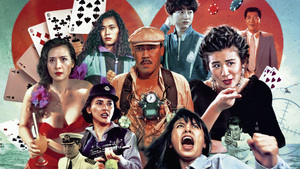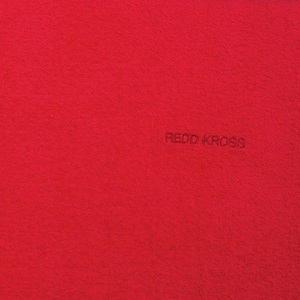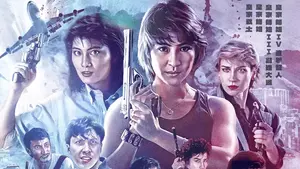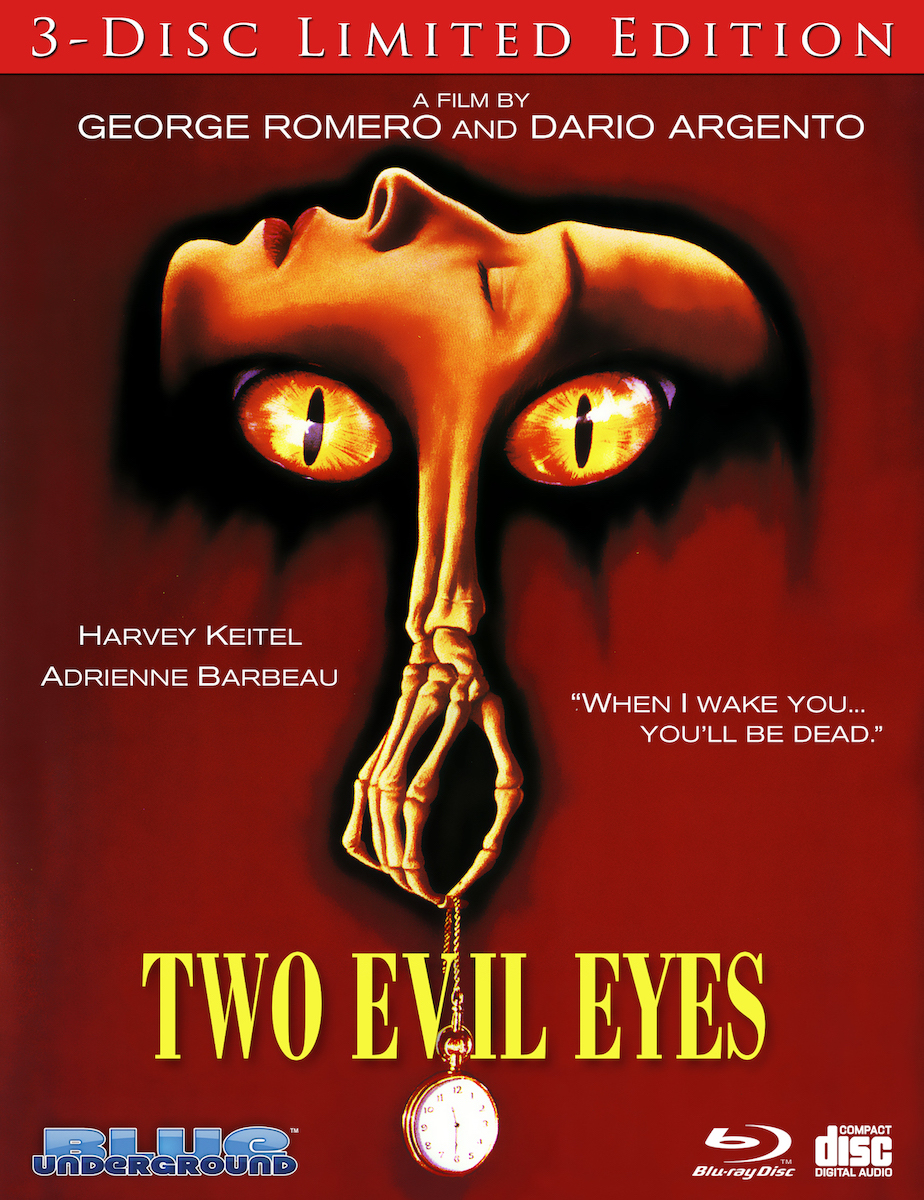
Two Evil Eyes
directed by George Romero & Dario Argento
starring Harvey Keitel, Madeline Porter, Adrienne Barbeau, Tom Atkins
Blue Underground
When two legends of horror decide to team up to direct an anthology film based on the writings of Edgar Allan Poe, what could go wrong? Quite a bit, actually. Two Evil Eyes presents two stories from Poe with The Facts in the Case of M. Valdemar directed by George Romero and The Black Cat from Dario Argento. The entire project seemed to be an over-calculated project from the outset as Romero saw the film as a way to work in an Italian production and Argento seeking an entry to the American market. Both goals failed and the film was made in Pittsburgh, not Italy, and was a box office disaster effectively tanking Argento’s bid for the American Big Time. The film isn’t exactly bad, but considering the talent involved it is certainly a disappointment and neither segment is anywhere near either man’s best work.
Even at its short length, George Romero’s The Facts in the Case of M. Valdemar feels overlong and decidedly un-cinematic. It has a basic cable vibe to the production that is just lacking charm that would have benefited from more style and shorter length like Romero’s Creepshow work, or the Amicus omnibus cycle. that but lacking the verve of very similar tales from classic horror anthologies. At half its length it might have worked as a Creepshow segment. The entire project was originally envisioned as a 4-5 part anthology with John Carpenter and Wes Craven among other directors considered to adapt Poe for the screen. It also suffers from a terrible leading man, who has zero chemistry with Adrinnne Barbeau. Tom Atkins shows up late to chew the scenery as a cigar chomping, fedora clad cop straight out of a film noir and he is bizarrely out of place, but is the best thing in the segment. If the whole of Valdemar had the energy of Atkins few scenes it would have worked much better.
Dario Argento’s stalking, prowling camera instantly sets The Black Cat apart from the dull, static, Romero piece, It may not be in the same league as Profondo Rosso or Suspiria, but even second-tier Argento is worthwhile. The script abounds with the Poe easter eggs naming characters Pym, Legrand, Annabelle, and Usher along with allusions to other Poe tales like Bernice and Pit and the Pendulum. Harvey Keitel is absolutely unhinged as sleazy crime scene photographer Rod Usher. He is a thoroughly unlikeable character that makes you wonder what the attraction is between Usher and his beautiful violinist girlfriend, Annabel (Madeleine Potter, Slaves of New York). It should have worked better but the film is just lacking Argento’s usual grandeur. He is frankly just handcuffed by his cinematographer and production designer. There are some signature Argento flourishes on display. When a nosy neighbor, Mr. Pym (Martin Balsam, Psycho) stops by after Usher has killed his girlfriend and spies blood on the stairs, Keitel deftly dips his foot into a small pool of blood and explains it away as he must’ve cut his foot coming down to get the door. The one scene that makes the whole affair worthwhile and is one of the best moments of any Argento film is amazing shot of Annabelle’s body, dumped in the bathtub, slowly submerging beneath her own blood as it fills the clawfoot tub. The Black Cat is not without merit, but doesn’t match up to the best of his work.
Eurocult historian Troy Howarth delivers one of his usual, exhaustive, audio commentaries where he skillfully dissects the film’s strengths and weaknesses, its place in horror history and some great tales of the making of this decidedly troubled production. Howarth goes in depth about the very different directing styles of Romero and Argento and how those styles (Romero a lean, practical shooter and Argento who is far more extravagant shooter and editor) are contrasted in the two shorts on Two Evil Eyes. Howarth speaks glowingly of the film throughout the commentary which will certainly please fans of the film.
The second Blu-Ray of this set is an extras disc with nearly a dozen featurettes and interviews from directors George Romero, Dario Agento, Asia Argento, Adrienne Barbeau, composer Pino Donaggio, Assistant Director (and notable Italian genre director in his own right) Luigi Cozzi and much more.
Rewriting Poe is a terrific interview with screenwriter Franco Ferrini as he discusses adapting Poe for the screen, production issues on Two Evil Eyes and the homage to Nathaniel Hawthorne for the dream/hallucination sequence in The Black Cat. He also is joined by a large Manx tabby who apparently heard “gatto” and assumed Ferrini was speaking to him.
On Behind the Wall the Black Cat actress Madeline Porter sits down to discuss her relationship and memories of Dario Argento and how her experiences with him have found their way into her acting and directing style. The way she humanizes Argento is quite refreshing as he is so often deified to unrelatable heights by fans and critics alike.
At Home with Tom Savini is an odd vintage piece shot during the Two Evil Eyes production with Tom Savini giving a decidedly unpolished tour of his home show on shaky low def video. He shows off a staggering amount of casts, masks, props and pieces of his special effects craft he has hoarded in every shelf, counter, nook, and cranny of his home.
The third disc as usual for these three disc Blue Underground sets contains Pino Donaggio’s haunting score. The set comes with a booklet filled with stills and poster art and an essay “The Facts in the Case of Two Evil Eyes” by Michael Gingold. Gingold explores the film’s production, reputation, and place in the world of film adaptations of Edgar Allen Poe.
Two Evil Eyes may not have been the masterpiece that its pedigree may have predicted but it does have a serious cult following and Blue Underground has not disappointed with this splendid release.






